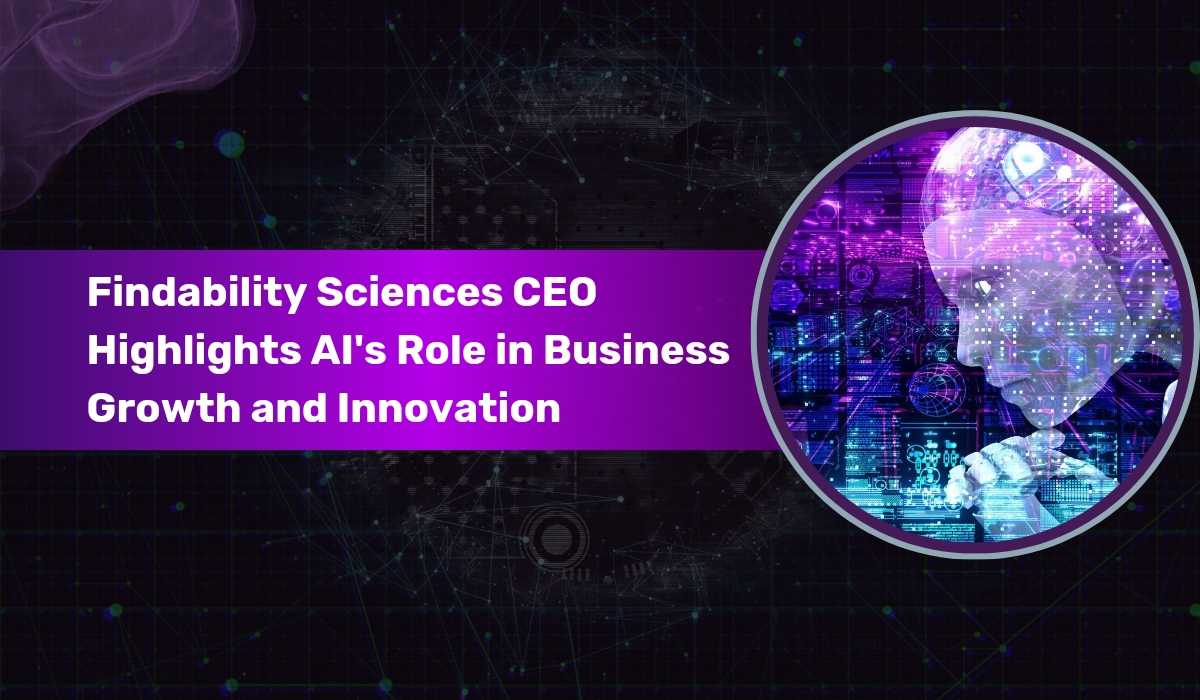
Artificial intelligence (AI) continues to dominate global discourse, showcasing its multifaceted potential across various realms, from research to image manipulation. However, discussions surrounding AI applications within the business sphere have predominantly remained confined to corporate boardrooms, where its transformative impact is keenly deliberated.Findability Sciences, a pioneering company in this arena, is spearheading the integration of AI into business processes, heralding a new era of operational efficiency and growth. Anand Mahurkar, the CEO of Findability Sciences, elucidated the company's innovative solutions, notably the Business Process Co-Pilots (BPCs), during an exclusive interview with indianexpress.com.
These BPCs leverage natural language processing, optical character recognition (OCR), and cutting-edge language models like IBM Watson to automate and optimize content-centric business operations.The introduction of BPCs marks a paradigm shift in business operations, streamlining tedious tasks and allowing human resources to focus on strategic endeavors. Mahurkar underscored the transformative impact of BPCs, citing significant reductions in process timelines and accelerated product launches, subsequently bolstering revenue streams. Moreover, Findability Sciences' AI-powered Enterprise Forecasting solution empowers organizations with predictive insights, facilitating data-driven decision-making across diverse business domains.
In the context of India's burgeoning AI landscape, Mahurkar emphasized the country's proactive stance towards AI adoption, attributing it to robust resources and heightened awareness within the ecosystem. Leveraging India's technological talent pool, Findability Sciences has established its development center in Maharashtra, aligning with the nation's momentum towards AI integration. Furthermore, amidst concerns surrounding data security and governance, Mahurkar assured stringent protocols in place to safeguard privacy and integrity, underscoring the company's commitment to individualized data implementations and fostering a culture of education, communication, and motivation to dispel apprehensions regarding AI's impact on employment dynamics.